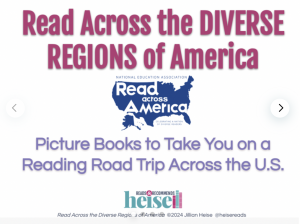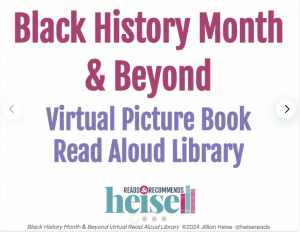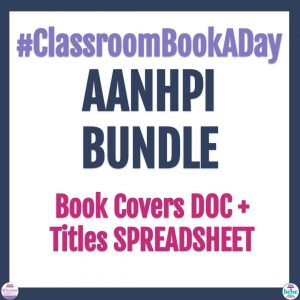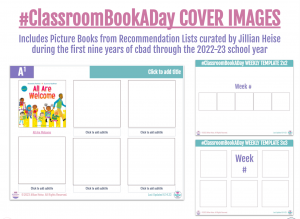Books: save people; save lives; help us figure out what we would do in certain situations; open our eyes to parts of the world we may never know otherwise; help us figure out our own lives, thoughts, feelings, concerns, frustrations, hopes, and dreams; help us grow; help us grow up; are the mirrors that show us who we are; are the windows to the world around us; help us figure out who we want to be and how we want to act; show us others have gone through things we have – even if no one around us understands; let us figure things out we’re too scared to say out loud; help us realize that we aren’t alone in this world.
That is why we celebrate Banned Books Week – a week dedicated to: celebrating the freedom to read; drawing attention to the harmful nature of censorship; reminding us about intellectual freedom (whether we personally agree with the ideas or not); stressing the importance of ensuring access to all viewpoints for those who want them; knowing the importance of our First Amendment rights; and highlighting the power of literature.
Out of 460 challenges reported to the Office of Intellectual Freedom in 2009, the following are some young adult titles that were in the top ten most challenged:
ttyl, ttfn, and l8r, g8r by Lauren Myracle
The Perks of Being a Wallflower by Stephen Chbosky
The Twilight series by Stephenie Meyer
The Earth, My Butt, and Other Big Round Things by Carolyn Mackler
The Chocolate War by Robert Cormier
To Kill a Mockingbird by Harper Lee
Catcher in the Rye by JD Salinger
A few more popular titles that have been challenged recently as well:
The Absolutely True Diary of a Part-Time Indian by Sherman Alexie
Speak by Laurie Halse Anderson
Deadline by Chris Crutcher
Information from: www.bannedbooksweek.org
Exercise your freedom to read! I’m not saying you should read something just because it has been challenged, especially if it doesn’t fit with your or your family’s personal values, but does that mean it shouldn’t be available to others who may need it? You have the freedom to make choices about what you read, and you should be making educated choices about books that are important for you to read and appropriate for you personally based on your family’s values. Challenging or banning a book means one person, or a group of people, has decided that a book is not appropriate for you to read – shouldn’t that decision belong to you (or those who are raising you) – those who know you and what you need the best? Being aware that this happens and knowledgeable about what it means is important as a literate member of our society. So, Celebrate Banned Books Week – pick up a book and read it – because you can!

























I disagreee with Banned Books week because people that enjoy reading read all different genres of books. We are all raised differently with different morals, interests and beliefs. When we are young we are given books to read by our parents and teachers. As we grow up and develop as a person, our interests expand. We may want to explore new areas of interest and books are a great way to start.